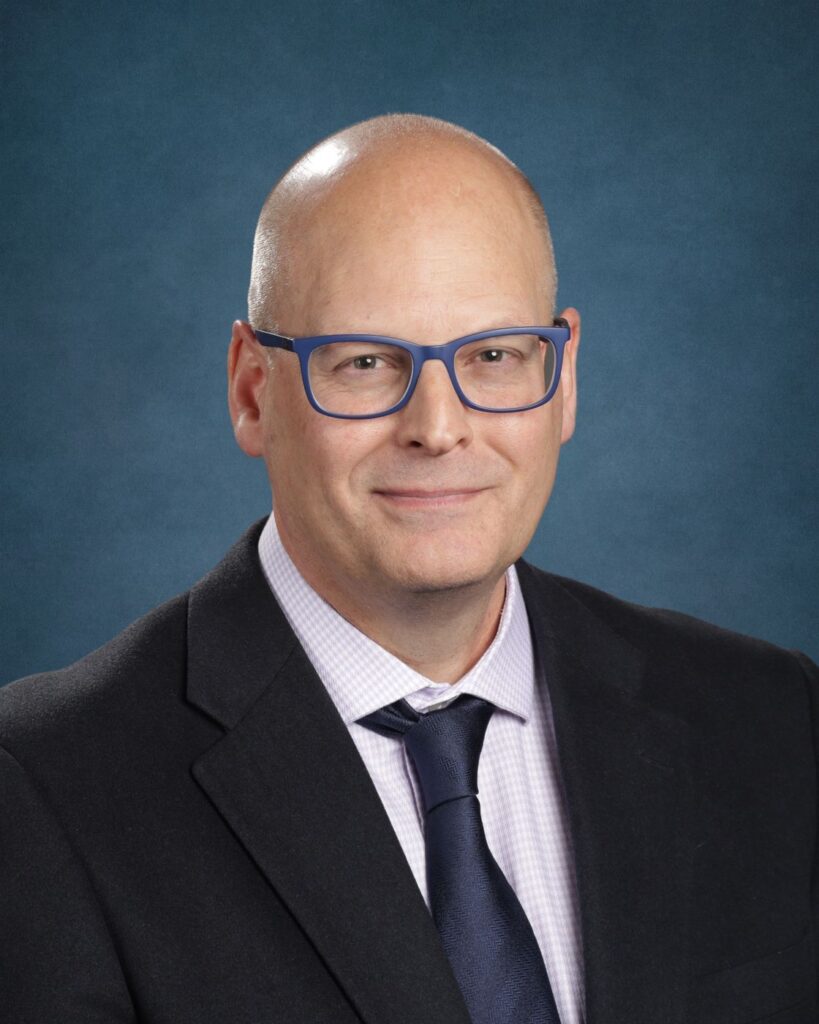In Romans 7, the Apostle Paul writes, “For what I want to do I do not do, but what I hate I do.” Our sin nature compels us to grapple with this reality: we are fallen and even our best attempts at virtue fail because of our sin nature. While the root of sin renders our daily walk besotted with failures, we are also told we can do all things through Christ who strengthens us and that we are able to withstand the wiles of the devil (Philippians 4:13; 1 Corinthians 10:13; Ephesians 6:10-18). Such is the battle in the Christian life. The good news is that God can and does sanctify us, and we progress in His loving grace through the power of habits formed in community and by the Holy Spirit.
Much has been written on the power of habit in spiritual formation. Our focus as a school this year will be encouraging one another in godly pursuit of God-honoring habit formation – both in ourselves as adults, in our family commitments, and in our children as they learn to not simply know the good, true, and beautiful, but more importantly to embrace and love it. Did you catch that difference? We don’t aspire our children simply to follow rules and obey because they fear consequences; we want them to welcome guidance, desire instruction, and to obey heartily because they know God is good.
We are all familiar with the types of spiritual habits that help form Christian virtue, including Bible reading, prayer, and Sabbath worship. In addition to these, what are some principles, practices, and habits of families who raise faithful – not perfect – children? This year we are promoting three specific school community events as a part of what we are calling Providence Foundations.
Practical Parenting: Paideia in the HomeHow do we train up our children so they love God with their heart, mind, soul, and strength? This evening is designed to offer principles to parents that help build into both younger and older children practices that align with a Christian “paideia,” (pie-day-ah) a Greek term meaning education as enculturation.
Running the Race: Reflections of Providence GraduatesTo begin with the end in mind in any endeavor means that we consider our end goal and purpose. What is classical education designed to produce? From whom better to hear how the end of a Providence education helped shape and cultivate their Christian lives than our graduates!
Habits of the HouseholdHealthy family habits teach our children to love others and serve our Lord in thought, word, and deed. We’ll highlight some of the habits outlined in Justin Whitmel Earley’s book, Habits of the Household.
We look forward to partnering with our school community in this incredibly important and rewarding journey!
